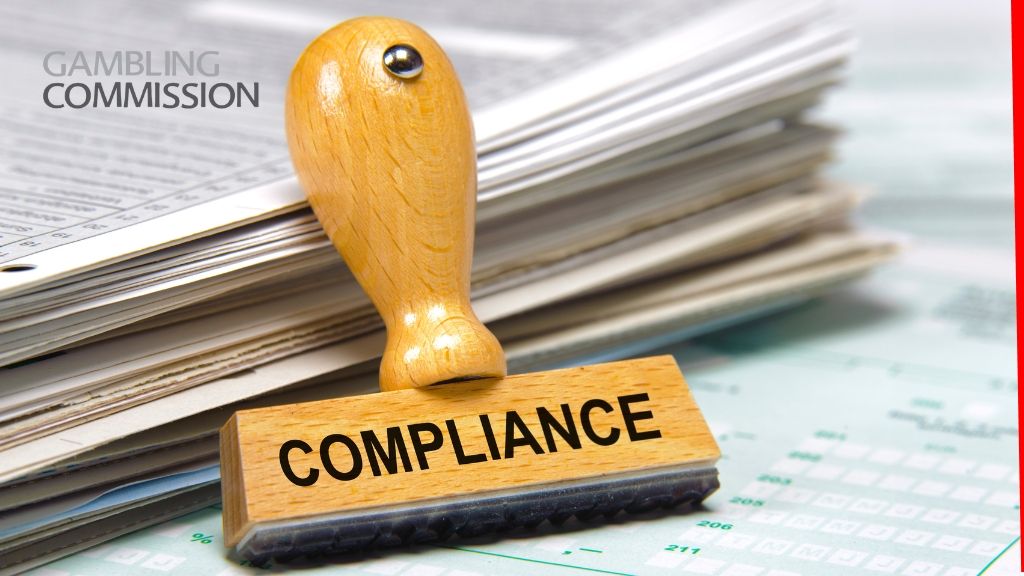
The UK Gambling Commission (UKGC) has ordered AG Communications Limited, trading as Aspire Global, to pay a £1.4 million (€1.70 million) penalty after uncovering serious breaches of anti-money laundering (AML) and social responsibility (SR) regulations. The fine, announced on 4 March 2025, marks the second regulatory action against the operator in recent years.
Aspire Global, which operates 58 gambling websites, failed to protect vulnerable customers, properly monitor financial transactions, and implement effective compliance systems, according to the UKGC. As part of the settlement agreement, the company will direct the penalty funds toward socially responsible causes. Having faced much scrutiny over the previous year, the UKGC is under the spotlight to address several pressing issues. These include tightening compliance among operators, intercepting illegal gambling activities, and improving player protection measures.
The UKGC found that Aspire Global had systematically failed to intervene when customers displayed clear markers of gambling harm. Some of the most concerning incidents included:
The UKGC found that Aspire Global failed to step in early, leaving high-risk players to incur heavy losses before action was taken.
In addition to social responsibility failures, the UKGC found serious weaknesses in Aspire Global’s AML protocols, including:
John Pierce, UKGC Director of Enforcement, condemned the operator’s compliance failures:
“This case marks the second occasion that this operator has been subject to enforcement action. Its failure to uphold anti-money laundering standards, delays in necessary interventions, and deficiencies in social responsibility measures are wholly unacceptable.”
Pierce also reinforced that regulatory scrutiny will only increase for repeat offenders:
“This case stands as a clear warning to all operators that repeated regulatory failings will result in increasingly stringent enforcement action.”
This is not the first time Aspire Global has been fined by the UKGC. In 2022, the operator paid a £237,600 penalty for AML failures. Despite that enforcement action, the company failed to make adequate improvements, leading to the much larger fine issued in 2025.
Regulatory authorities take a harsher stance on repeat offenders, particularly when previous fines fail to improve compliance. The Aspire Global case raises questions about the effectiveness of financial penalties as a deterrent.
Aspire Global is the latest in a string of operators penalised for failing to meet UKGC standards. In recent years, the Commission has escalated enforcement efforts, targeting firms that fail to meet AML and social responsibility obligations. Other major fines in recent years include:
The trend suggests that the UKGC is no longer issuing small fines as a warning, but rather imposing substantial penalties to drive change. UK Gambling Commission CEO Andrew Rhodes recently highlighted an important development: the rise of large-scale free prize draws. He said this growing phenomenon seems to be edging out the traditional dominance of lotteries.
“The Commission’s message is clear: compliance failures will not be tolerated, and repeat breaches will be met with escalating enforcement action.”
Operators can’t afford to slip up. The message is to tighten compliance or risk heavy fines and a damaged reputation.
While the UKGC identified serious failings, Aspire Global cooperated fully with the investigation and accepted its shortcomings early in the process. The company has since:
These fixes might keep Aspire Global out of more trouble, but the damage is done. The message to the industry is clear—sloppy compliance means hefty fines, strict oversight, and a reputation in tatters.
Aspire Global’s £1.4 million fine is part of a wider crackdown on gambling firms falling short. The UKGC isn’t backing down. Operators ignoring compliance are running out of chances.
Aspire Global’s repeated fines raise an essential question: are financial penalties enough to force real change in gambling compliance? Or will it take licence suspensions and more aggressive regulatory intervention to force the industry to act?